
Virgin Australia: COVID-19 – more routes & flights cut
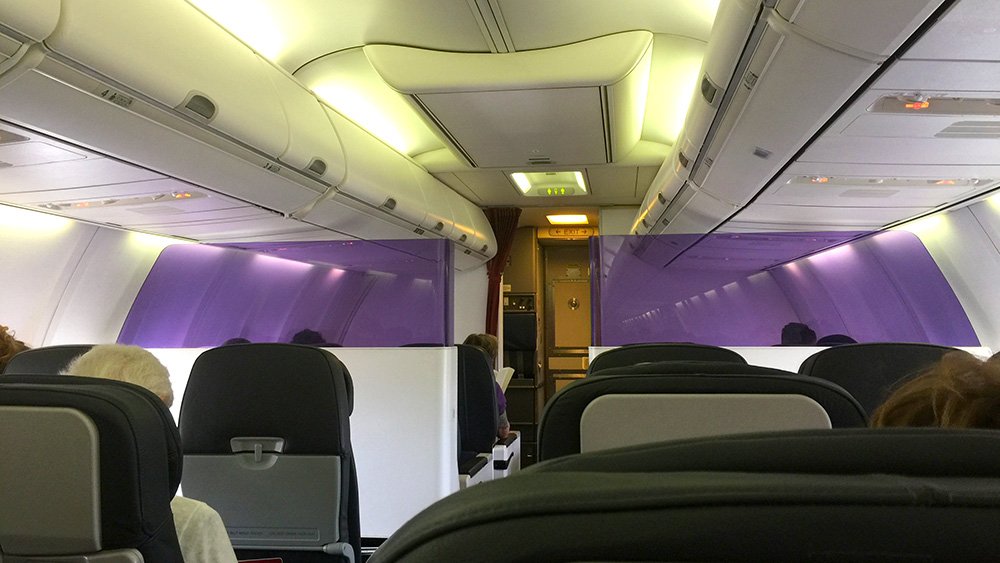
Virgin Australia cuts its capacity from the previously announced 3 % to 7.7 %. These cuts will occur over the next two financial quarters. This will be made up of a 6.2% reduction in its domestic capacity, and a 10.3 % drop in international capacity.
Introduction
Virgin Australia earns most of its money through domestic operations (88% of capacity and 78 % of flight income) which insulates it a little from the COVID-19 international situation. However, they are not immune from the world economy, nor the forward demand for domestic capacity. As a result, they are temporarily reducing domestic and international capacity and exiting some international routes.
Virgin Australia does not have the flexibility of changing aircraft to reduce capacity that Qantas does. Consequently, it has to reduce the frequency and number of flights.
“Pleasingly, our travel bookings to Western Australia and local leisure destinations such as the Gold Coast, Sunshine Coast, and Hamilton Island continue to be ahead of where they were at the same time last year. This demonstrates Australians are continuing to travel within our own backyard and support local tourism.”
Paul Scurrah, Virgin Australia Group CEO and Managing Director
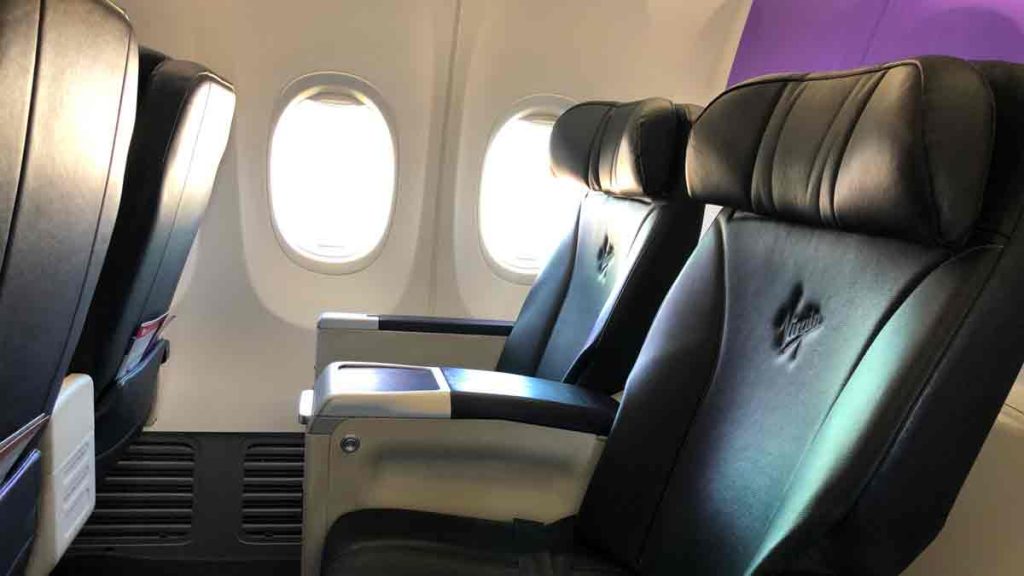
Domestic Reductions
This will mainly be on the frequency of service, so expect to see a flight or two disappear from some routes – most likely previously popular routes for business flyers on the east coast.
International Reductions
Reductions will include routes to Los Angeles, Japan, and Trans-Tasman services. Virgin Australia will exit Auckland services between Tonga and Rarotonga.
- Brisbane to Haneda service to from daily to three times per week from 29 March until 3 May
- Sydney to Los Angeles service from daily to five times per week from early May to early June
- Trans-Tasman services from a 2.6 per cent reduction to 6 per cent for 2H20, including Auckland-Melbourne to daily from May and a temporary reduction on Auckland-Sydney
- exit of services Auckland-Tonga from 1 May; Auckland-Rarotonga from 21 July.
The announcement warns that there may be further reductions if COVID-19 related demand decreases further.
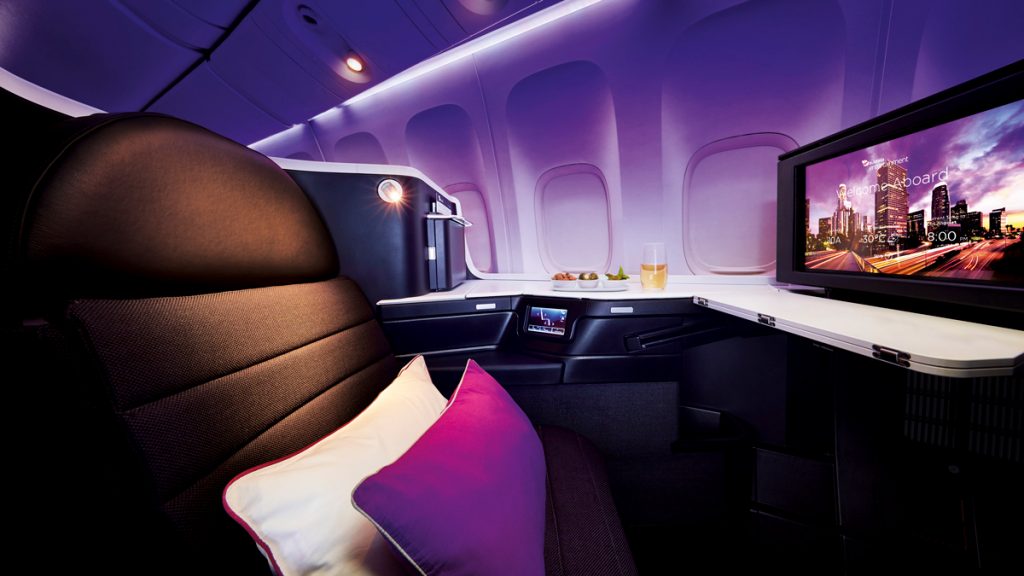
Cost reductions
Virgin Australia is looking at the following ways to reduce its costs during the crisis. These include:
- requesting relief from Government charges
- Decreasing marketing costs.
- Stopping all discretionary spending including capital expenditure
- Reducing hotel accommodation costs
- Requesting staff to take accrued annual leave or unpaid leave or reducing standard working hours
- A freeze on external recruitment and the use of consultants for the rest of the financial year
- Chairman and Independent Directors to reduce their base fees by 15 % temporarily
- No bonuses for the rest of the financial year
- No base salary increases
For customers
Virgin Australia will not charge change fees if you change the date or destination of international flight bookings you have dated currently to the 30 June.
If the capacity reduction impacts on your booked flight, expect to be contacted by Virgin Australia’s customer service agents to either provide an alternate or to refund your flight cost for destinations it no longer services.
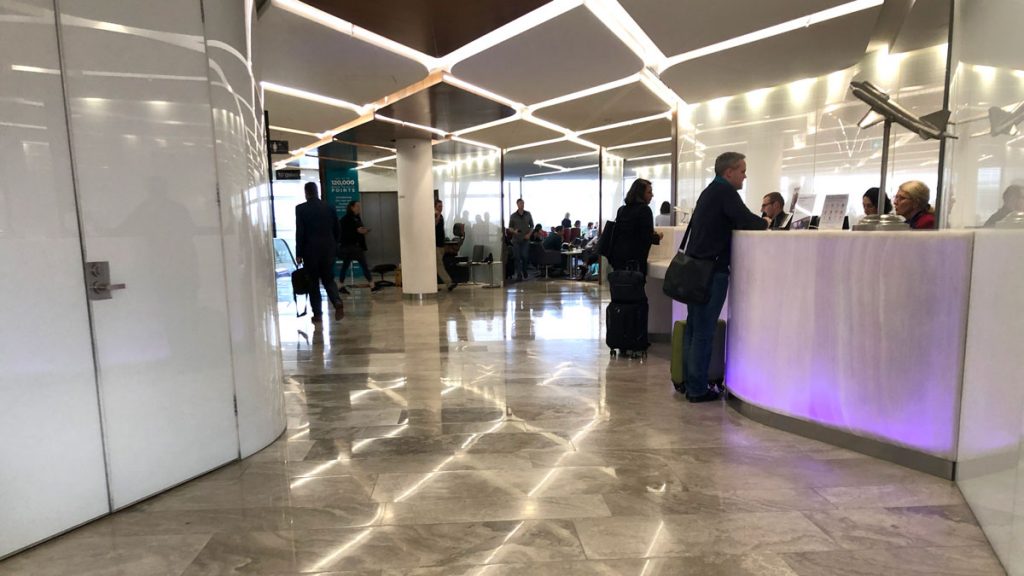
2PAXfly Takeout
This is an appropriate response to the COVID-19 related demand decrease. In many ways, Virgin Australia is worse off than Qantas, notably since it hasn’t made a profit in years, and has a weakish share price. Paul Scurrah had a hard job when he took over the reins last year to bring the airline to break even, if not profitability. Now, because of the coronavirus crisis, even bringing the airline to break-even is probably impossible.
I probably don’t travel on Virgin as much as I should. I like their service domestically and internationally, their domestic economy seat pitch, and their domestic business service. I’m not a big fan of their lounges, due to lack of capacity at peak times, or temporary closure (Adelaide). Their lack of frequency on some routes is also a negative. But I would be devastated if they don’t survive this crisis. In that sense, Paul Scurrah is probably the right man to steer them through.

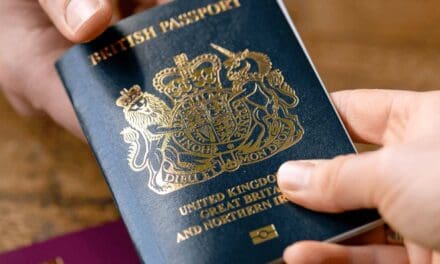
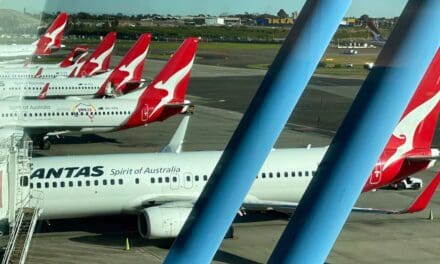
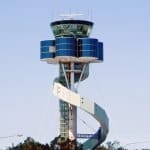

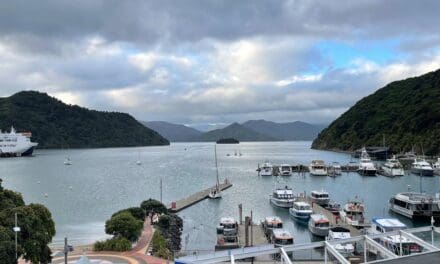


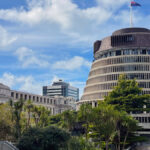


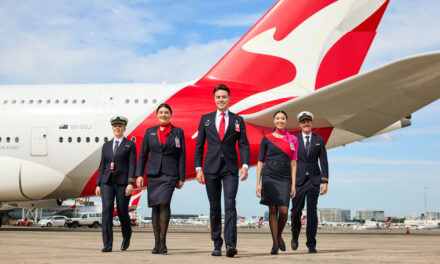
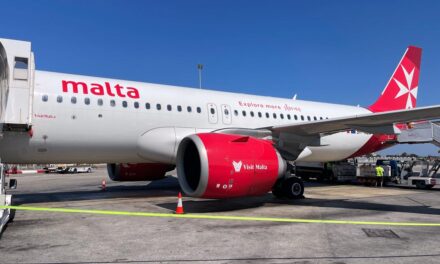

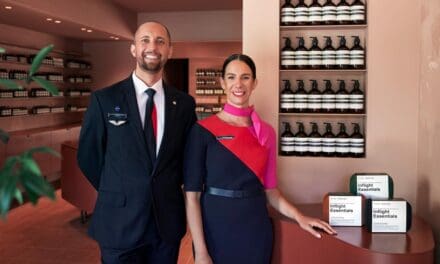





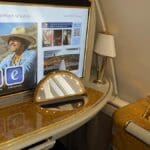


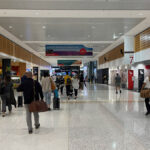

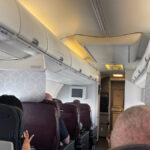
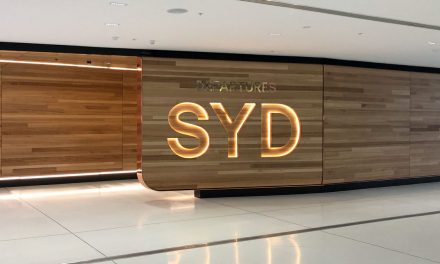
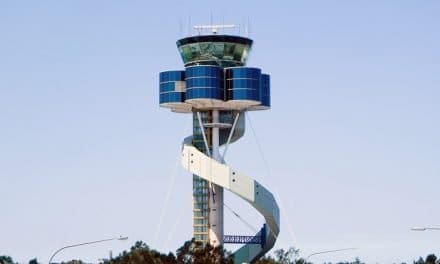

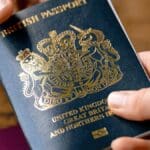

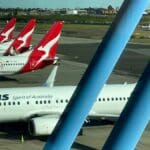

What did you say?